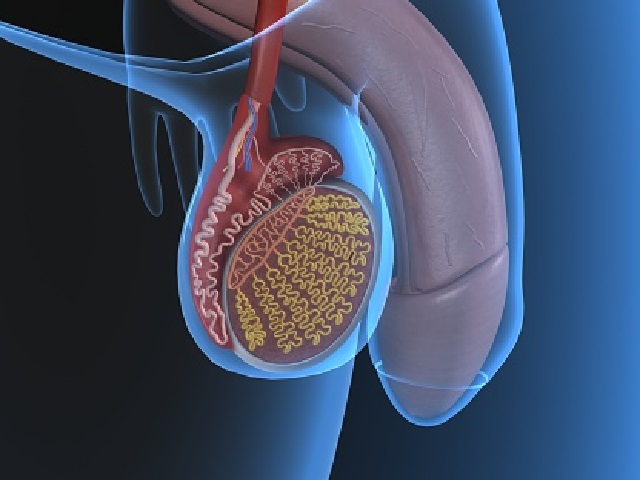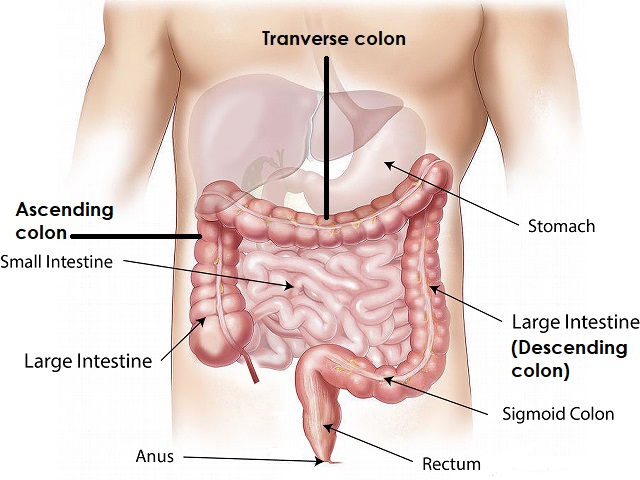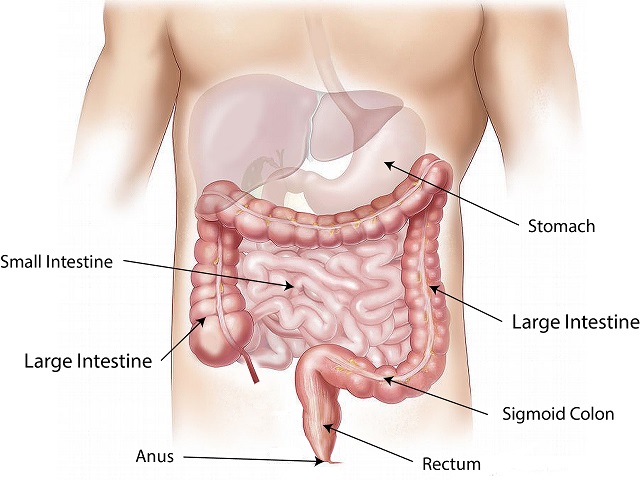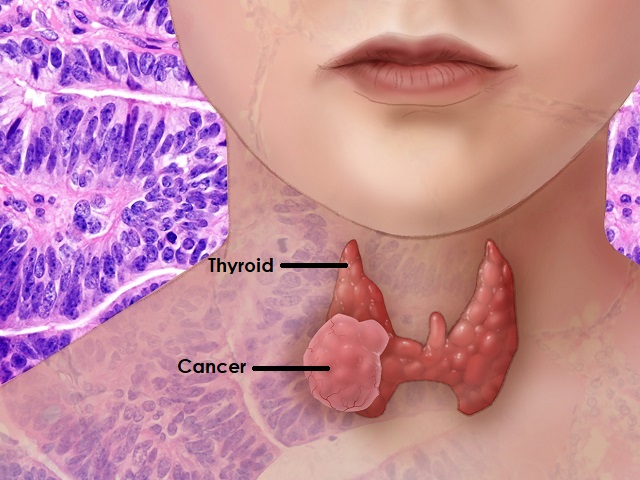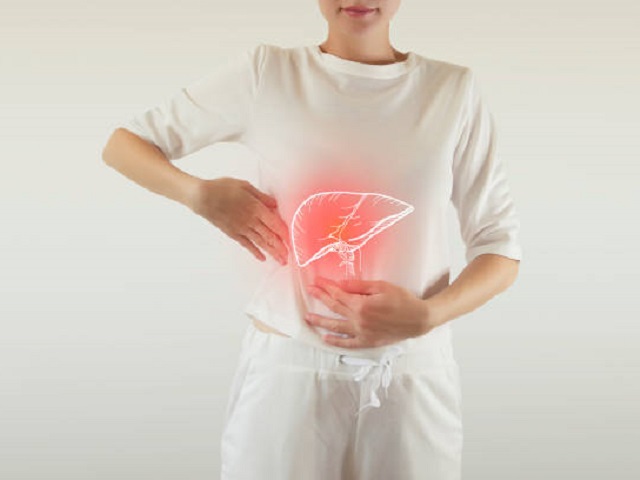5 Signs You May Have Testicular Cancer -- Symptoms, Causes, Effects, Treatment and Prevention
Testicular cancer is a type of cancer that develops in the testicles, which are the male reproductive glands located inside the scrotum. It primarily affects young men between the ages of 15 and 35. Early detection and prompt treatment are essential for favorable outcomes.
Symptoms of Testicular Cancer:
- A lump or swelling in the testicles
- Testicular pain or discomfort
- Enlargement or hardening of the testicles
- Changes in the shape or size of the testicles
- Heaviness or aching sensation in the scrotum
Diagnosis of Testicular Cancer:
To diagnose testicular cancer, the following methods are commonly used:
- Physical examination of the testicles and scrotum
- Blood tests to measure tumor markers such as alpha-fetoprotein (AFP), beta-human chorionic gonadotropin (?-HCG), and lactate dehydrogenase (LDH)
- Ultrasound imaging of the scrotum to visualize the testicles and identify any abnormal growths
- Biopsy of the testicular tissue to confirm the presence of cancer cells
Causes of Testicular Cancer:
The exact causes of testicular cancer are not fully understood. However, several factors may increase the risk, including:
- Genetic factors and family history of testicular cancer
- Undescended testicles (cryptorchidism)
- Abnormal testicular development
- Previous history of testicular cancer
- Age (higher incidence in young men)
Effects of Testicular Cancer:
If left untreated, testicular cancer can have the following effects:
- Spread of cancer to nearby lymph nodes, lungs, liver, bones, or other distant organs
- Reduced fertility or infertility
- Psychological and emotional impact
Treatment of Testicular Cancer:
Treatment options for testicular cancer include:
- Surgical removal of the affected testicle (radical inguinal orchiectomy)
- Radiation therapy to target cancer cells
- Chemotherapy to destroy cancer cells throughout the body
- Surveillance or active monitoring in certain cases of low-risk testicular cancer
Prevention of Testicular Cancer:
While it may not be possible to prevent testicular cancer entirely, there are some steps that may help reduce the risk:
- Monthly self-examination of the testicles to detect any abnormalities
- Awareness of the risk factors and early detection through regular check-ups
Please note that the provided information is not a substitute for professional medical advice. If you have any concerns or experience symptoms related to testicular cancer, it is important to consult with a healthcare professional for proper evaluation and guidance.
References:
American Cancer Society. (2021). Testicular Cancer. Retrieved from https://www.cancer.org/cancer/testicular-cancer.html
National Cancer Institute. (2022). Testicular Cancer Treatment (PDQ) - Patient Version. Retrieved from https://www.cancer.gov/types/testicular/patient/testicular-treatment-pdq





